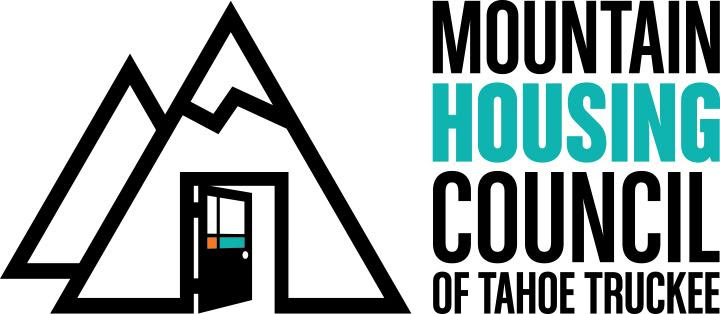While Mountain Housing Council of Tahoe Truckee focuses on regional solutions, it’s important to keep tabs on what’s happening at the state level.
Governor Jerry Brown signed 15 new housing bills into law Sept. 28 in San Francisco addressing process reform, funding and local accountability for building homes in California.
Here’s San Jose Mercury News’ Summary of the housing bills:
“Senate Bill 2, by Sen. Toni Atkins, D-San Diego, will create a permanent source of funding for affordable housing, imposing fees of up to $225 on certain real-estate transactions, such as mortgage refinancing. (Home purchases would not be subject to the fee.) It will collect $1.2 billion over the next five years — and would raise a total of $5.8 billion during that time, including federal, local and private matching funds, according to committee estimates. Half of the money it raises in the first year would go to programs to address homelessness.
Senate Bill 3, by Sen. Jim Beall, D-Campbell, will place a $4 billion statewide housing bond on the November 2018 ballot. Like SB 2, it would pay for existing affordable-housing programs in California that used to be supported by funds from the state’s redevelopment agencies, a giant source of money that was slashed in the wake of the Great Recession and never replaced. If the bond measure passes and is approved by voters, $1 billion of the total would go to extend the CalVet Home Loan Program, which is scheduled to expire in 2018.
Senate Bill 35, by Sen. Scott Wiener, D-San Francisco, will try to tackle the state’s housing-supply shortage. Currently, cities are told every eight years how many units they need to build to meet their share of regional demand — but they are not required to build them. This bill aims to make it harder to ignore those goals. It targets cities that fall short, requiring them to approve more housing developments that fit the bill’s criteria until they are back on track.
Senate Bill 167, by Sen. Nancy Skinner, D-Oakland, strengthens the state’s 35-year-old Housing Accountability Act, known colloquially as the “anti-NIMBY (Not In My Backyard) Act.” Cities that don’t comply with a court order to allow development would be hit with automatic fines of $10,000 per housing unit.
Senate Bill 540, by Sen. Richard Roth, D-Riverside, allows cities to determine where housing needs to be built and to create a specific plan for development in that zone, including public hearings and environmental reviews. This is intended to speed up the approval and construction process.
Assembly Bill 73, by Assemblyman David Chiu, D-San Francisco, will give local governments cash incentives to create high-density “Housing Sustainability Districts” near transit with some affordable housing.
Assembly Bill 1505, by Assemblyman Richard Bloom, D-Santa Monica, restores the ability of local governments to require developers to include affordable rental units. A 2009 appellate court decision cut off that tool, which cities and counties had used for decades. The governor had vetoed similar legislation by Atkins in 2013, arguing that it could make it harder for a city to attract development, but while negotiating the package of bills with lawmakers, Brown agreed to sign it.”
